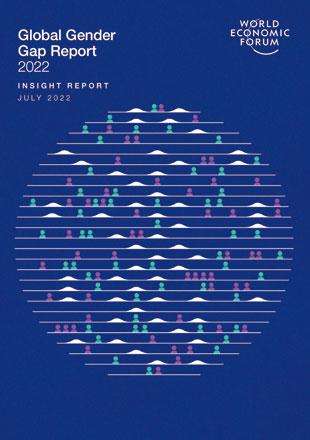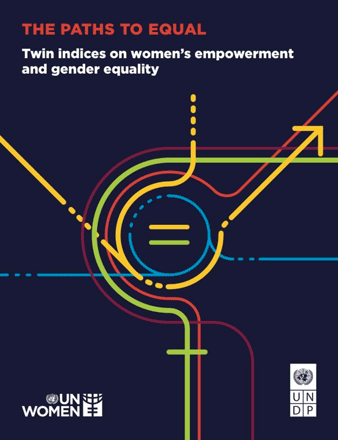You are here
Jordan ranks sixth in Arab world on ‘Women’s Power Index’
By Rayya Al Muheisen - Jul 12,2021 - Last updated at Jul 12,2021
AMMAN — Jordan ranks sixth in the Arab world and 129 globally on the Women’s Power Index, an index created by the Council on Foreign Relations (CFR).
Jordan scored 18 out of 100 in political parity — women’s political participation — in the report CFR published in March 2021.
The report ranks 193 countries’ progress towards gender parity in political participation and decision making and visualises the gender gap in political representation, according to the CFR.
Only 9 per cent of women in Jordan participate in the Cabinet — the percentage of ministerial positions held by women — and 12 per cent participate in the national legislature — percentage of seats held by women in parliament — and 32 per cent participate in the local legislature — the percentage of seats held by women in local government bodies.
“Female lawmakers are more likely advocates for policies that support education and health. They’re also more likely to pass and implement legislation that advances gender equality, including laws on domestic violence, rape and sexual harassment,” the CFR report said.
A UN “Women in Politics” report showed that in Jordan 11.5 per cent of women’s parliament seats are in the Lower House of Parliament, which means 15 out of 130 parliamentary members are women.
Also, an Organisation for Economic Cooperation and Development (OECD) report on women’s political participation in Jordan, published in cooperation with the Jordanian National Commission for Women, found that quotas for women’s seats in decision making bodies have played a key role in increasing women’s representation in Parliament and local councils.
The quota system has helped women from rural areas run for elections and gain political experience, the report observed.
The OECD report also added that notable progress has been made over the past 15 years to increase women’s representation in decision making bodies in Jordan, but the rate of change is slow due to “discriminatory social norms and adopting temporary special measures for women outside quota”.
Related Articles
AMMAN — Jordan ranks 145th out of 146 countries with regard to women’s participation in the labour force, according to the Global Gender Gap
AMMAN — Jordan scored low in the women’s empowerment and gender parity categories in a recent report by UN Women and the United Nation Devel
AMMAN — The Kingdom’s female ministerial ranking has dropped dramatically by the end of 2019, a local women’s organisation said.Solidarity I



















